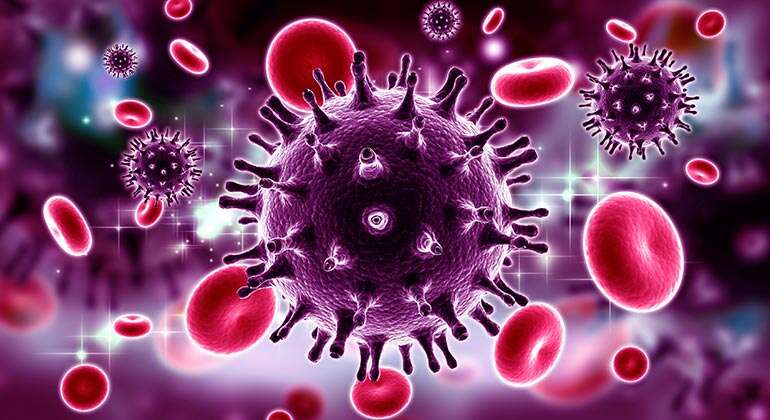Have Any Questions?
+91 77 9849 9977
Visit Us At
103, Shivom Regency, Baner Rd, Pune
+91 77 9849 9977
103, Shivom Regency, Baner Rd, Pune
Acquired immunodeficiency syndrome (AIDS) is a chronic, potentially life-threatening condition caused by the human immunodeficiency virus (HIV). By damaging your immune system, HIV interferes with your body’s ability to fight infection and disease.
HIV is a sexually transmitted infection (STI). It can also be spread by contact with infected blood and from illicit injection drug use or sharing needles. It can also be spread from mother to child during pregnancy, childbirth or breastfeeding. Without medication, it may take years before HIV weakens your immune system to the point that you have AIDS


Because epilepsy is caused by abnormal activity in the brain, seizures can affect any process your brain coordinates. Seizure signs and symptoms may include:
Epilepsy has no identifiable cause in about half the people with the condition. In the other half, the condition may be traced to various factors, including:
Genetic influence. Some types of epilepsy, which are categorized by the type of seizure you experience or the part of the brain that is affected, run in families. In these cases, it’s likely that there’s a genetic influence.
Researchers have linked some types of epilepsy to specific genes, but for most people, genes are only part of the cause of epilepsy. Certain genes may make a person more sensitive to environmental conditions that trigger seizures.
Certain factors may increase your risk of epilepsy:
Having a seizure at certain times can lead to circumstances that are dangerous to yourself or others.
Car accidents. A seizure that causes either loss of awareness or control can be dangerous if you’re driving a car or operating other equipment.
Many states have driver’s license restrictions related to a driver’s ability to control seizures and impose a minimum amount of time that a driver be seizure-free, ranging from months to years, before being allowed to drive.
Pregnancy complications. Seizures during pregnancy pose dangers to both mother and baby, and certain anti-epileptic medications increase the risk of birth defects. If you have epilepsy and you’re considering becoming pregnant, talk to your doctor as you plan your pregnancy.

Mail Your Resume At : drpriyankaneuro13@gmail.com